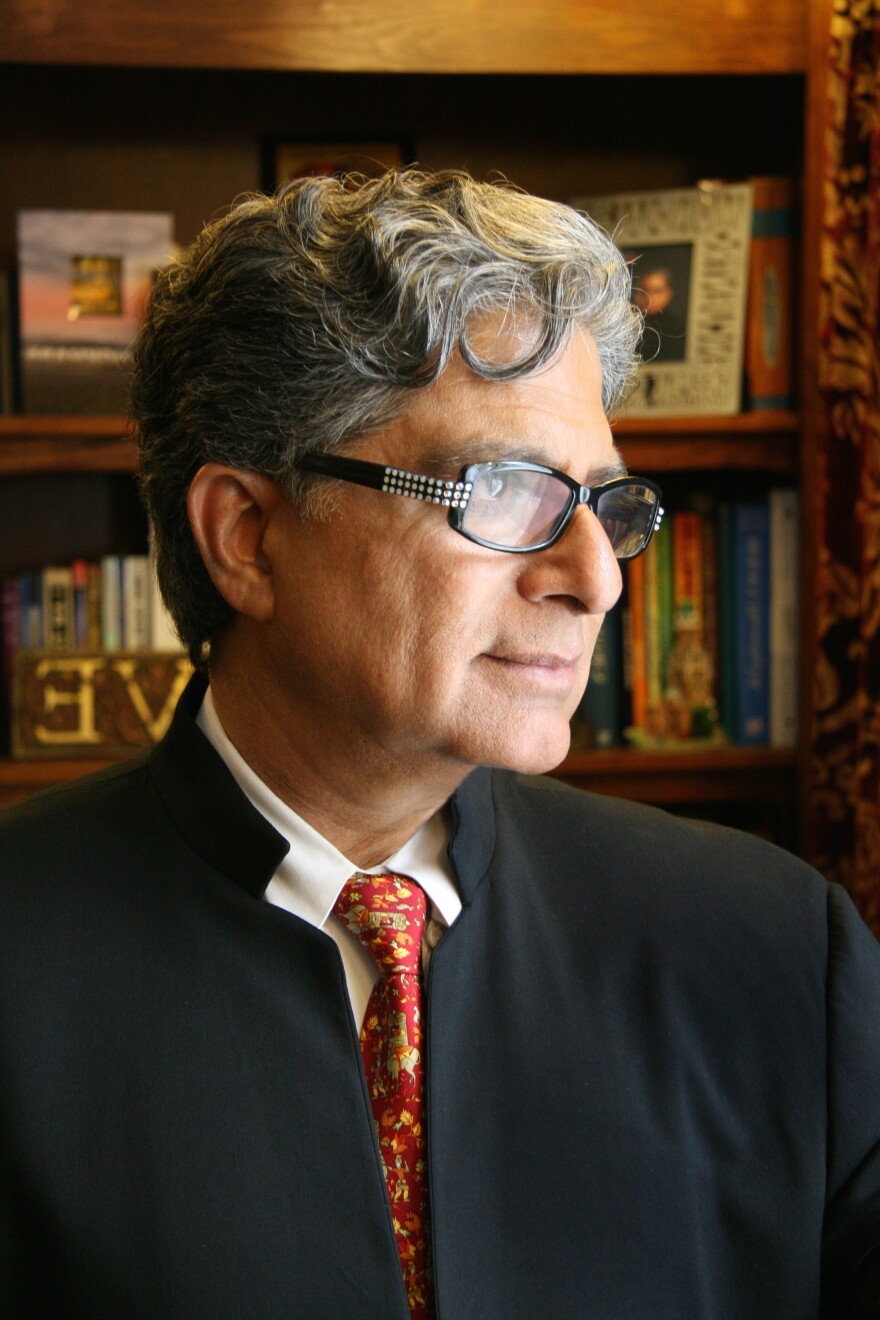Dr. Deepak Chopra has many titles – Doctor of Endocrinology, author, public speaker, and advocate for integrative medicine. Here’s how he uses that knowledge to deal with stress.
In a time when the stresses of life are a frequent focus of medicine and well-being, Dr. Deepak Chopra’s training in endocrinology and the teachings of Ayurvedic medicine gives him a diverse perspective on how to deal with it.
“Stress is best defined as the perception of physical or psychological threat,” explained Chopra. “So when one has that interpretation, one realizes that it is indeed an interpretation of how you’re experiencing life.”
That interpretation can lead to psychological effects, behavioral changes, and even physical responses from the mild to the extreme. So what does Chopra suggest?
“First of all, get a good night sleep every day,” he said. “Secondly, move at least 10,000 steps every day. Thirdly, practice some form of contemplative meditation or self-inquiry or breathing technique.”
There’s also laughter, playing with children, and enjoying nature. The list is expansive from the Western medicine point of view. But Chopra is also a practitioner of integrative medicine, drawing on the teachings of Ayurveda which recognize the body and the mind as a single unit.
“So with that understanding, we look at every activity during a day, whether it’s eating, breathing, digestion, metabolism, elimination, the five senses – sound, touch, sight, taste and smell,” said Chopra. “And then our inner experience of life – thoughts, feelings, emotions, desires, memories and imagination.”
The Ayurvedic approach considers them all, plus what impacts a person’s life, like relationships and personal tendencies. Its therapies focus on the senses, using sound, light, color and aroma, as well as massage and yoga – all helpful in dealing with stress. But it also takes looking at the big picture of overall well-being.
“Wellbeing includes things like, are you happy in your career, are you using your strength?” Chopra said. “Social wellbeing – do you have a network of family and friends that are there to support you? Your professional colleagues and your relationship with them; your financial wellbeing; community, the way you live. Each of these is very important.”
When it’s looked at today, stress often seems to be broken down into those different facets of life: work, family, finance and, perhaps even more prominently than ever, political stress. While Chopra recognizes there are different approaches to dealing with each situation, he said one thing applies to people in all of them.
“Those that do well, those that thrive in the midst of stress – they ask different questions, they reframe problems as opportunities. They look for opportunities,” said Chopra.
Those people assess their individual strengths, use them, and find ways to bond with others who complement their strengths.
“The fastest way to manage your stress,” explained Chopra, “is to actually help someone else.”
And lastly is whether or not we ask fundamental questions about what is needed in moments of crisis. Chopra said by focusing on compassion and empathy, we get rid of mostly self-based fear. So next time you’re feeling stress, maybe do as Chopra said and ask, ‘Who am I thinking about?’ and then shift your focus to someone else.
"You Are The Universe With Deepak Chopra" airs Wednesday at 8 p.m. on WNED-TV.


